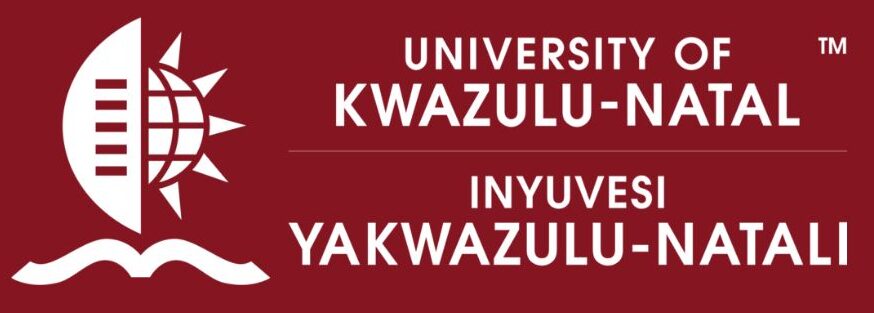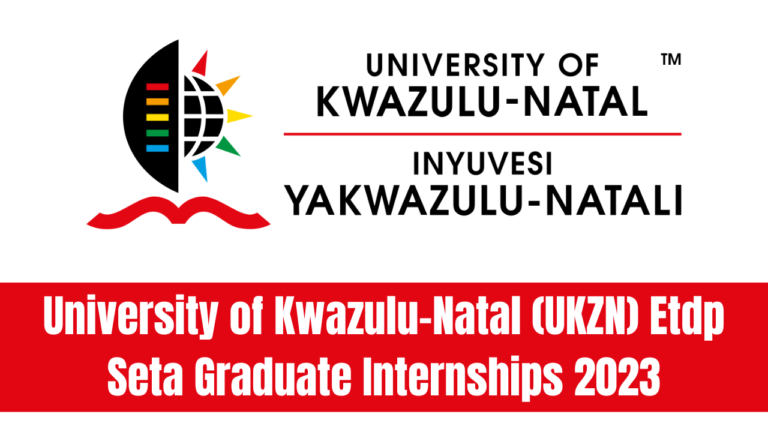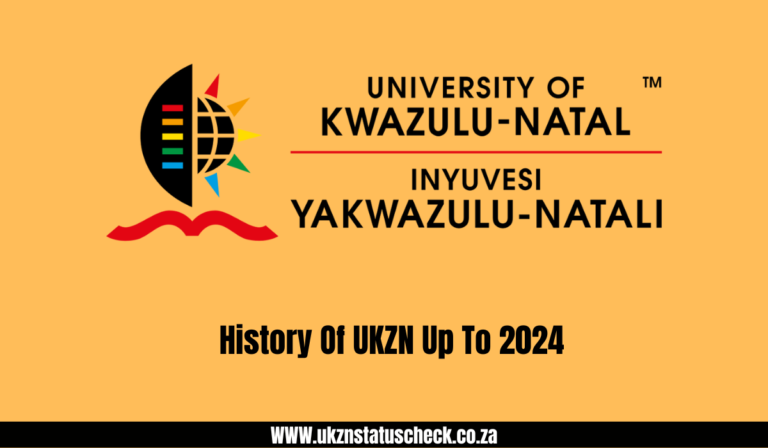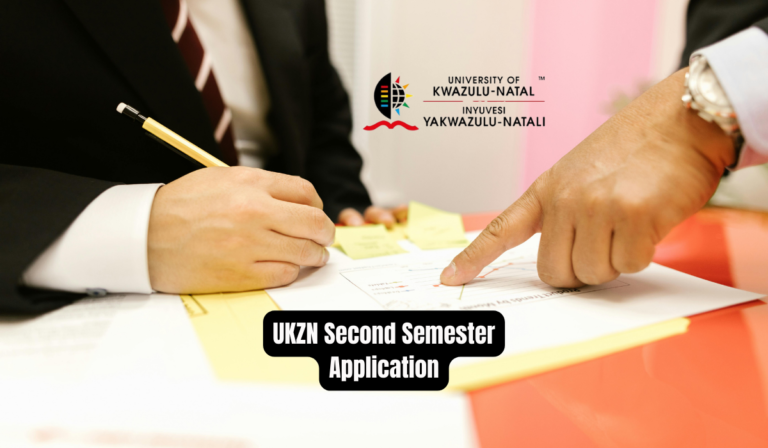Modules for the intermediate phase of the UKZN
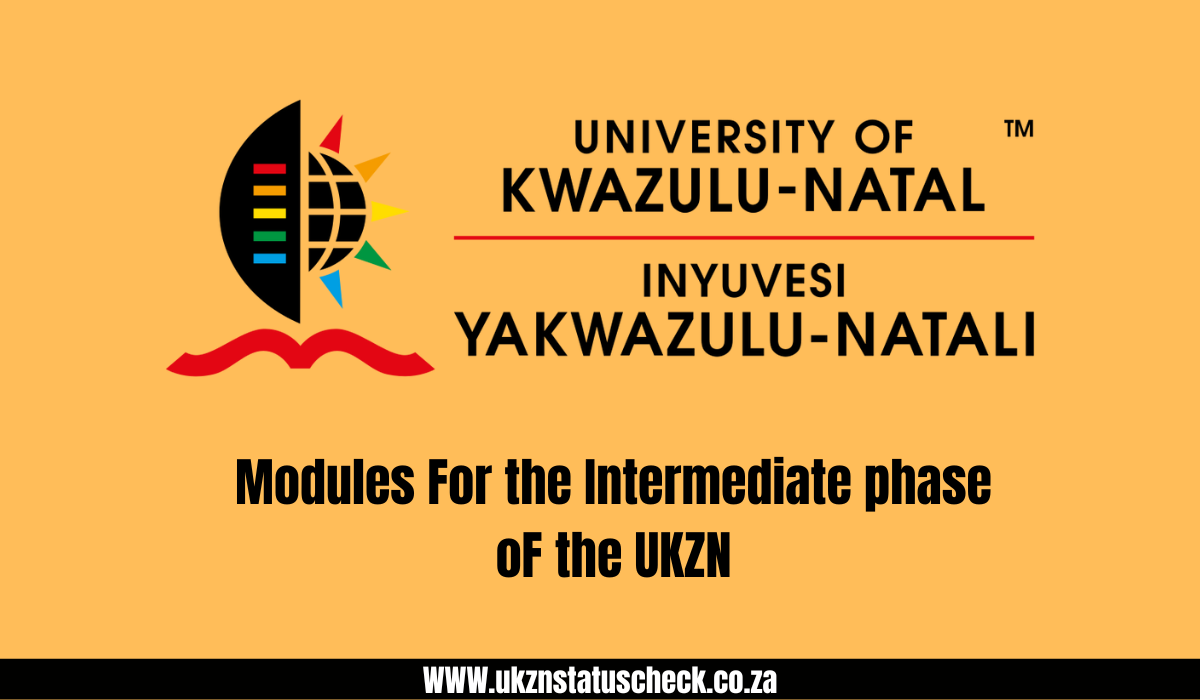
Modules for the intermediate phase of the UKZN. The University of KwaZulu-Natal (UKZN) offers a comprehensive set of modules designed specifically for the Intermediate Phase in education. The Intermediate Phase typically covers grades 4 to 6, a crucial developmental stage for learners.
Read Also: UKZN Status Check Online 2024
Mathematics Education
- Focuses on teaching strategies and curriculum content relevant to the intermediate phase.
- Equips educators with methods to make mathematical concepts accessible and engaging for students.
English Language Teaching
- Explores language development and literacy skills for learners in grades 4 to 6.
- Covers effective teaching approaches for enhancing reading, writing, and communication skills.
Social Sciences Education
- Examines the curriculum content of social sciences.
- Provides educators with tools to teach history, geography, and other social science subjects in an interactive and meaningful way.
Natural Sciences Education
- Focuses on the teaching of natural sciences, incorporating subjects like biology, chemistry, and physics.
- Emphasizes hands-on learning experiences and experiments suitable for the intermediate phase.
Teaching Methodologies
- Addresses general teaching methodologies tailored to the developmental stage of intermediate phase learners.
- Covers classroom management, assessment strategies, and the integration of technology in teaching.
Conclusion
In conclusion, the Intermediate Phase modules at UKZN offer a well-rounded education for aspiring educators. By delving into specific subjects and teaching methodologies, these modules empower teachers to create dynamic and effective learning environments for students in grades 4 to 6. The comprehensive approach ensures that educators are equipped with the knowledge and skills needed to facilitate meaningful learning experiences during this critical phase of a student’s academic journey.
